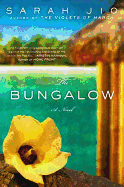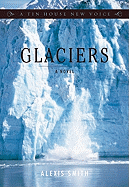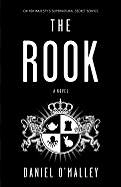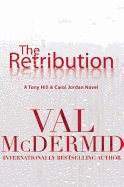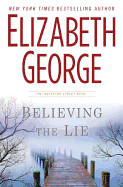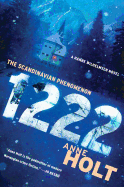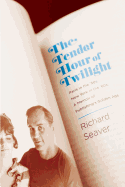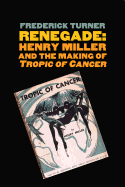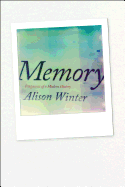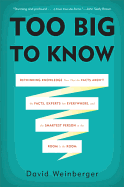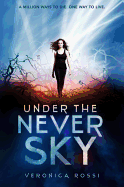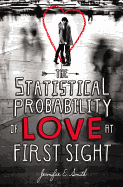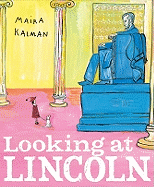
Robyn Carr trained as a nurse, but because her husband (and high school sweetheart) was a pilot in the Air Force, her young family was constantly being transferred and it was difficult to find work in nursing. As they moved around, Carr spent a lot of time reading genre fiction and thought, "I can write this." But, Carr said, her first book was "universally panned. I thought I had written Gone with the Wind, but in actuality it was complete dreck." She wrote three manuscripts in three years and the third one was the charm. She got her first book deal in 1978. Thirty-three years--and more than 40 published books--later, Carr's Virgin River series has more than two million copies in print. In addition to writing, Carr has mentored a seniors' memoir-writing group, visits book clubs in and out of her home state of Nevada and works with her local library on a literary chat series.
Carr's new book, Hidden Summit (Mira, December 27, 2011), is the first in a new Virgin River trilogy. Redwood Bend comes out in March 2012 and Sunrise Point in May 2012.
On your nightstand now:
Until There Was You by Kristan Higgins.
Favorite book when you were a child:
I remember that A Tree Grows in Brooklyn by Betty Smith held me captive for weeks. I was mesmerized by the difficulty of the family's existence and the hope that little girl clung to.
Your top five authors:
This is my year of catching up on the best of romance! My favorite authors this year are Kristan Higgins, Jill Shalvis, Susan Andersen, Susan Elizabeth Phillips and Rachel Gibson.
Book you've faked reading:
I love holding big books, heavy books, challenging books--but I don't always love reading them. I've attempted War and Peace at least a dozen times and I just can't get past the tea party.
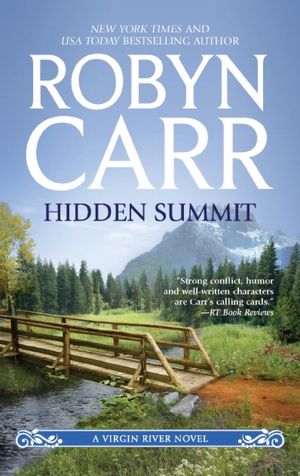 Book you're an evangelist for:
Book you're an evangelist for:
The Prince of Tides by Pat Conroy--absolutely one of the most startling, amazing, complex stories of that decade. Too many people missed the shock and awe of that story by seeing the movie, which doesn't even approach the big AHA! moment in the novel.
Book you've bought for the cover:
The cover of The Shell Seekers by Rosamund Pilcher was completely irresistible, and inside that gorgeous cover was a fabulous story that I hated to see end.
Book that changed your life:
The Flame and the Flower by Kathleen Woodiwiss. I was well hooked on historical romances at that time but it was this book that made me consider writing.
Favorite line from a book:
The opening sentences from Silent in the Grave by Deanna Raybourn: "To say that I met Nicholas Brisbain over my husband's dead body is not entirely accurate. Edward, it should be noted, was still twitching upon the floor."
Book you most want to read again for the first time:
Lord of Scoundrels by Loretta Chase. I didn't want to read a historical novel but a writer friend insisted, demanded that I try Lord of Scoundrels and I was completely captivated!
The most interesting comment you've ever gotten from a reader:
Oh, you can't print it! My readers never get my titles right--they write and ask me if I'm going to write any more of those "Virginia River" books. Or they want to know where Virgin River really is--they plan to move there and get a big, studly Marine. But the funniest one ever was probably a typo: "Are you going to write anymore of those 'Vagina River' books?"
I did get an email from a reader who was furious about my bigotry against Cubans. I was stunned and confused--I'd never written about Cubans. I suggested she had me mixed up with someone else. She wrote back with the direct quote, complete with page numbers--something about Jack being unable to shower off the stench of stinky Cubans. It was cigars! Cuban cigars! I pointed that out to her, but she was absolutely determined I had been bigoted in my remarks.
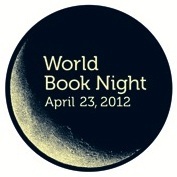 You can be one of those volunteers and distribute copies of one of the books in your community, whether at a hospital, school or even a diner--you choose the location. As an avid reader, you can help spread the love and joy of reading to light readers and nonreaders and help change lives.
You can be one of those volunteers and distribute copies of one of the books in your community, whether at a hospital, school or even a diner--you choose the location. As an avid reader, you can help spread the love and joy of reading to light readers and nonreaders and help change lives.



 Book you're an evangelist for:
Book you're an evangelist for: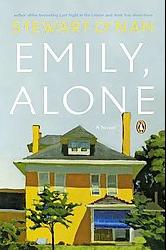
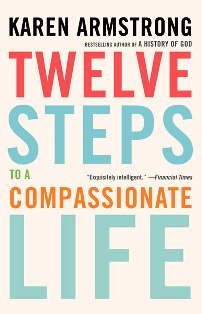 Twelve Steps to a Compassionate Life
Twelve Steps to a Compassionate Life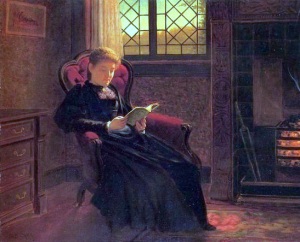 USA Today featured its
USA Today featured its 